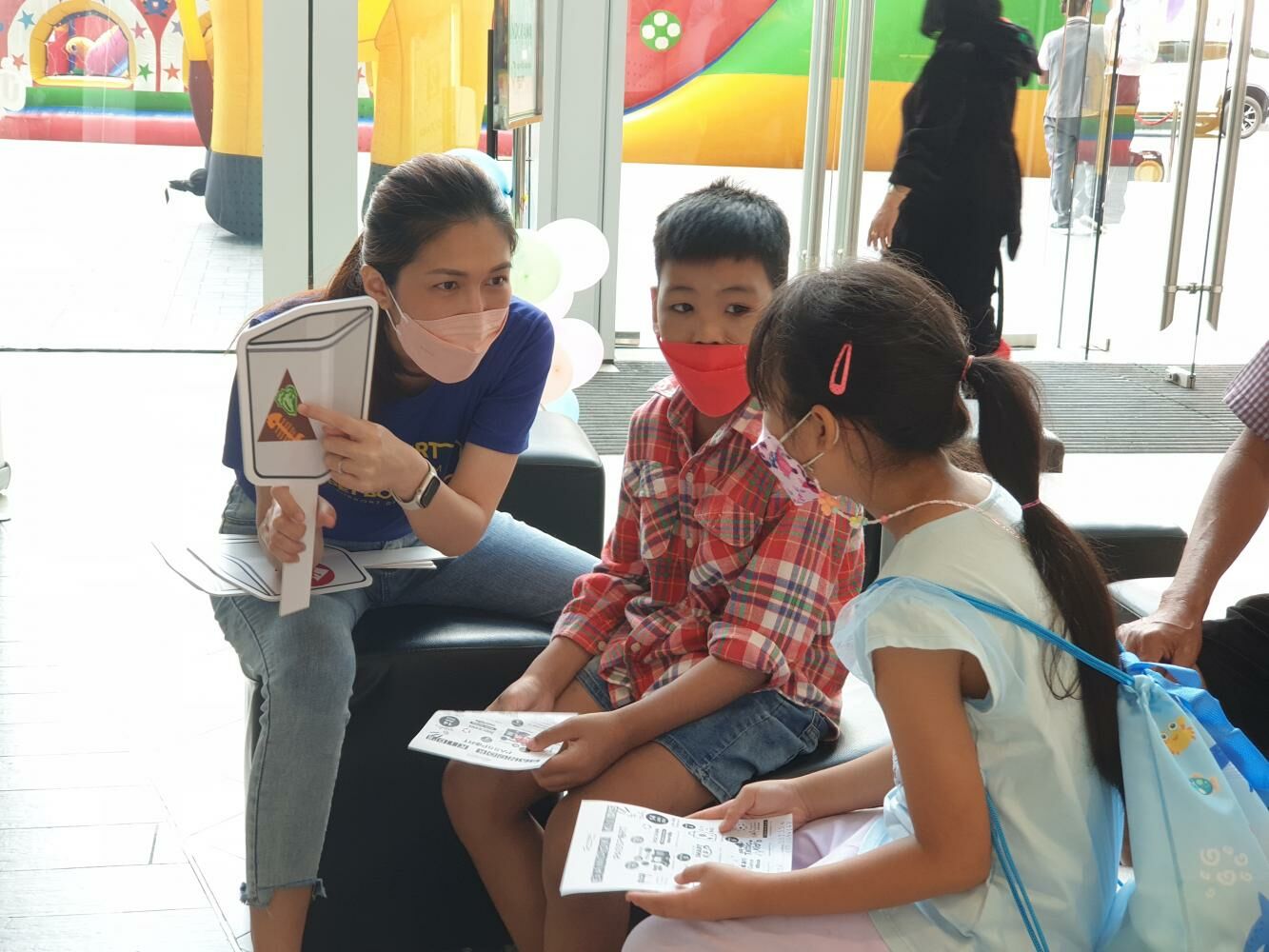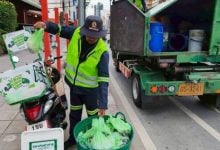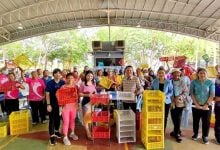Indorama Ventures turns PET recycling into a fun learning experience

Indorama Ventures Plc (IVL), the chemical manufacturing firm, has taken a fun-filled approach to address the issue of a limited supply of waste polyethylene terephthalate (PET) bottles which has been affecting its recycling business. The company has taken to educating young students, encouraging them to see used PET bottles as a source of enjoyment and creativity while also promoting the importance of recycling.
Aradhana Lohia Sharma, IVL Vice-President, expressed the company’s aim to make the process of recycling more engaging and fun-filled.
“We want to make it more interesting. It’s about learning and fun.”
The company’s initiative is aimed at transforming children into influencers to encourage their families and communities to recycle used water bottles.
PET, a clear, durable, and lightweight plastic, is commonly used in water bottle production. These bottles can be recycled into new bottles or yarn for the garment industry. By educating children about recycling, IVL hopes to increase the rate of recycling indirectly, said Sharma.
“When children understand PET recycling, they take the knowledge home and tell their parents. Eventually, the whole family has a better awareness of recycling.”
Sharma added that children can be a powerful voice within a family.
Fun activities
IVL’s teaching methods include fun activities and explaining the growing impact of plastic waste on the environment. For instance, children can transform old bottles into plant pots, lamps, or even terrariums. This not only makes learning fun but also gives a fresh perspective on the potential uses of waste packaging.
IVL has set a goal to educate 1 million children around the world about waste segregation by 2030. So far, the company has reached out to 250,000 children. It has also partnered with the Bangkok Metropolitan Administration to bring recycling education to 337 schools in the capital, aiming to create 40,000 student recycling influencers by 2025.
However, despite the increasing demand for recycled PET materials, the supply is currently limited, according to Sharma. IVL, which started its recycling business in 2011, has recycled 100 billion used PET bottles globally to date. The company’s ultimate goal is to recycle up to 50 billion bottles annually, reported Bangkok Post.
Interestingly, 80% of used bottles in Thailand are recycled, compared to only 30% in the US. Sharma believes that education could significantly improve these rates.
In addition to educating children, IVL is also using fashion as an entry point to promote recycling. The company plans to showcase ready-to-wear clothes and bags made from recycled polyester yarn derived from PET bottles. The fashion show is part of IVL’s programme to promote environmentally friendly lifestyle products, said Kamonnart Ongwandee, course director and eco-friendly fashion expert.
“Using recycled materials doesn’t diminish the appearance. These materials don’t necessarily create the image of waste-derived items or extremely eco-friendly products.”
key challenges
Kamonnart added that the key challenges for designers are to differentiate their clothes in a competitive market and to set prices for products made from recycled materials. Sharma echoed this sentiment.
“If we want to attract people and want people to understand recycling, we have to make it interesting and fun.”
Sharma concluded that fashion is an effective way of sparking discussions on sustainability among people.
In related news, the Glass Mirror Foundation accepted donations of plastic waste and milk cartons to recycle into gypsum boards for construction. The journey of a milk carton highlighted its transformation. Uncover more details about plastic waste transformation.
Latest Thailand News
Follow The Thaiger on Google News:


























